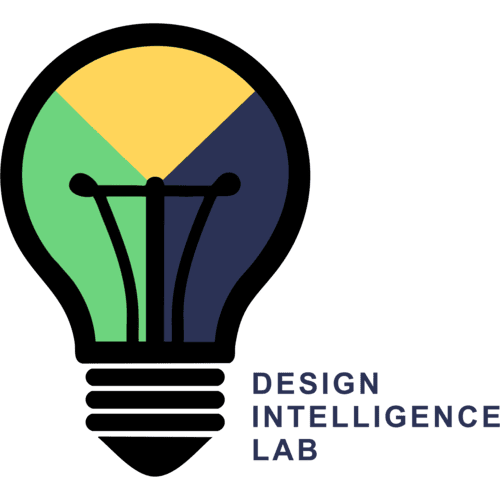Hi:)
I am a visiting research student coming from China. I am new comer here and is getting familiar with the teammates now.
My research area was mainly focused on data mining in my home university, and I used to be a web tool tester(.Net/C#) intern in Intel, but I love to try new things.
BID really interests me, and is also a new challenge to me.I hope to learn as much as I can during the stay here and become good friends with everyoneO(∩_∩)O
I love vegetable and fruit, but having few fight of meat+_+
If you are interested in China or Chinese Language or anything about China, please feel free to talk to me (*^__^*)
(*^__^*)




